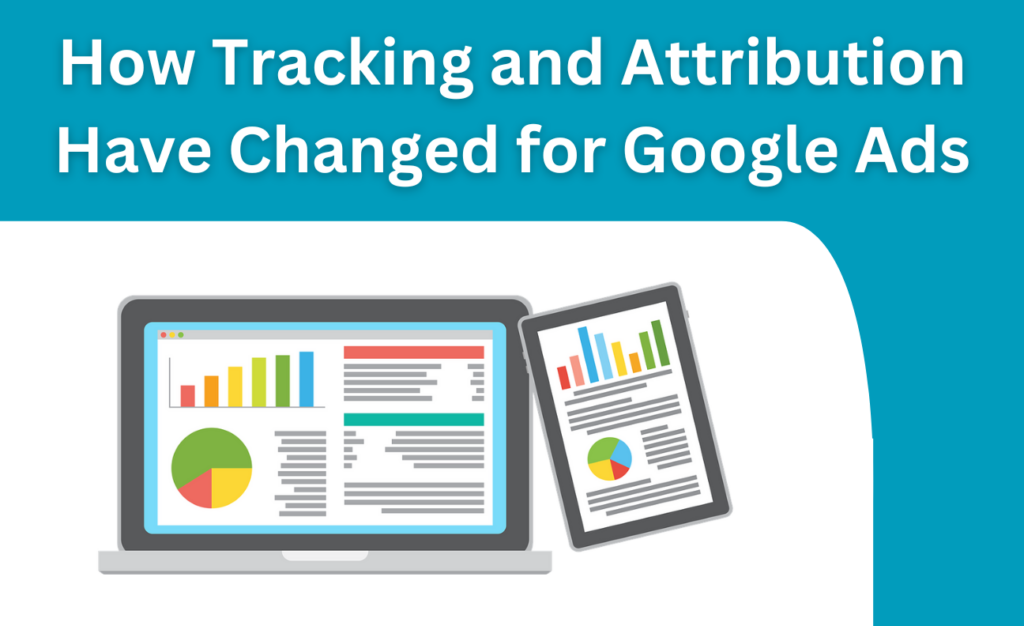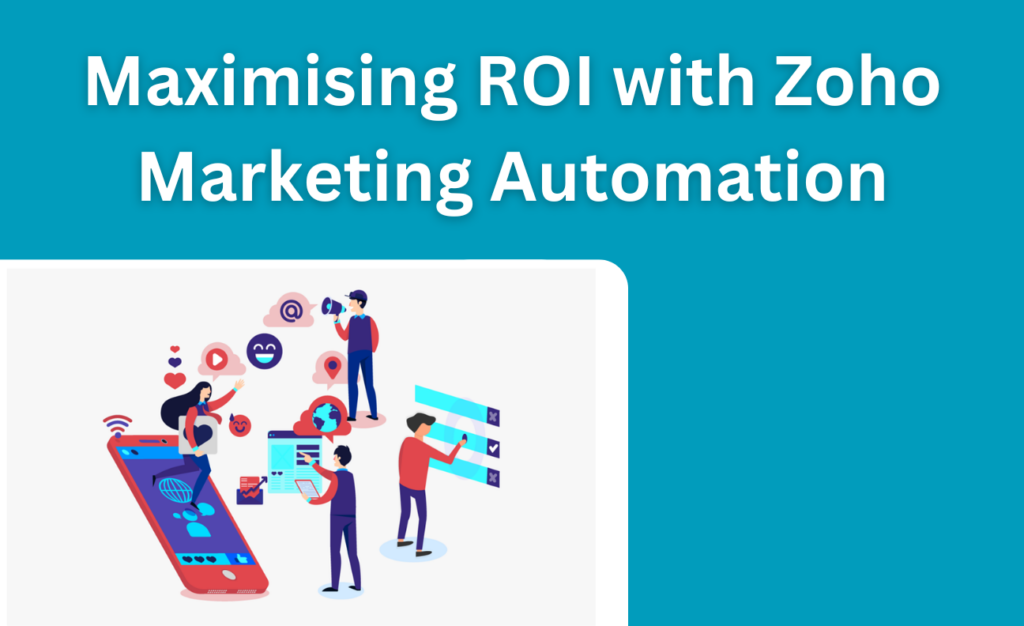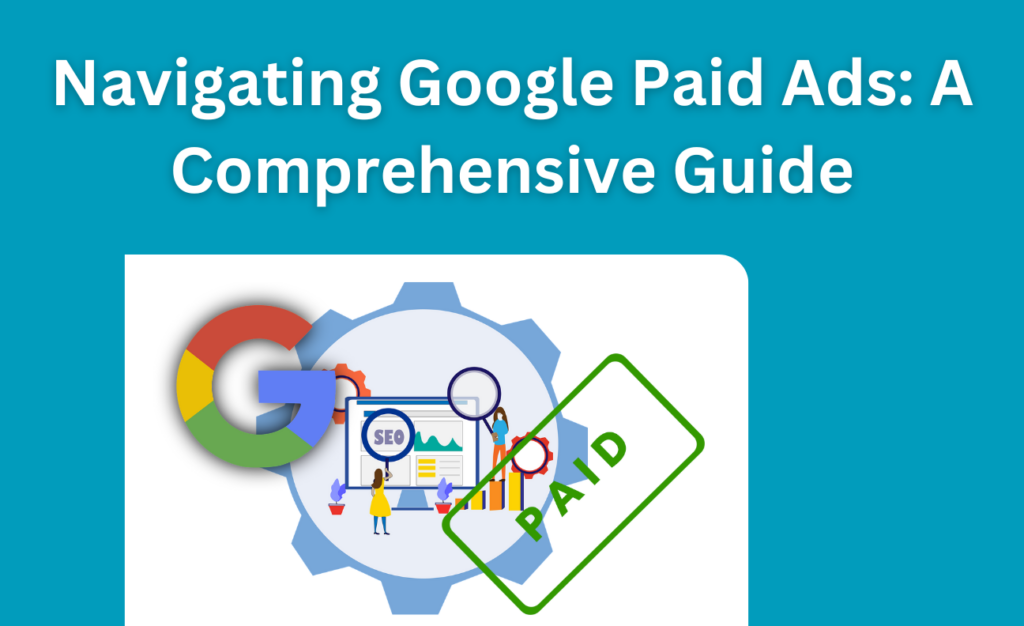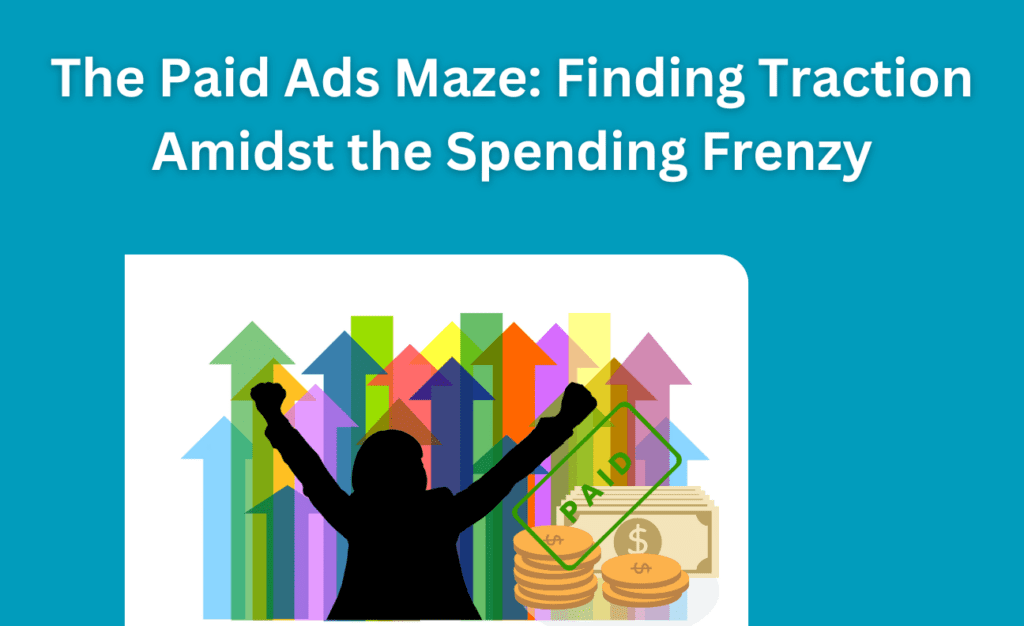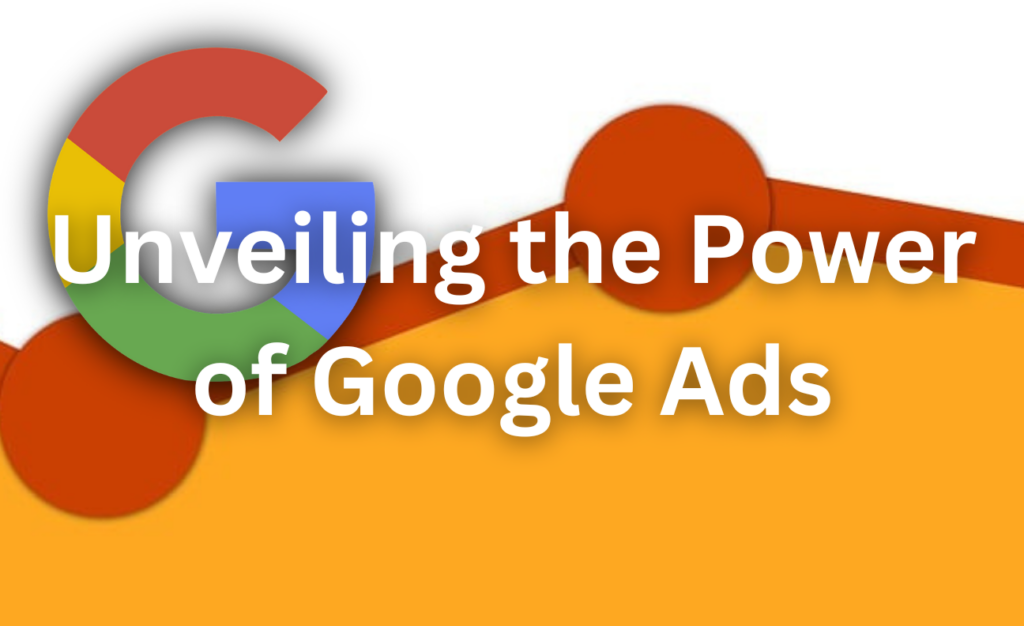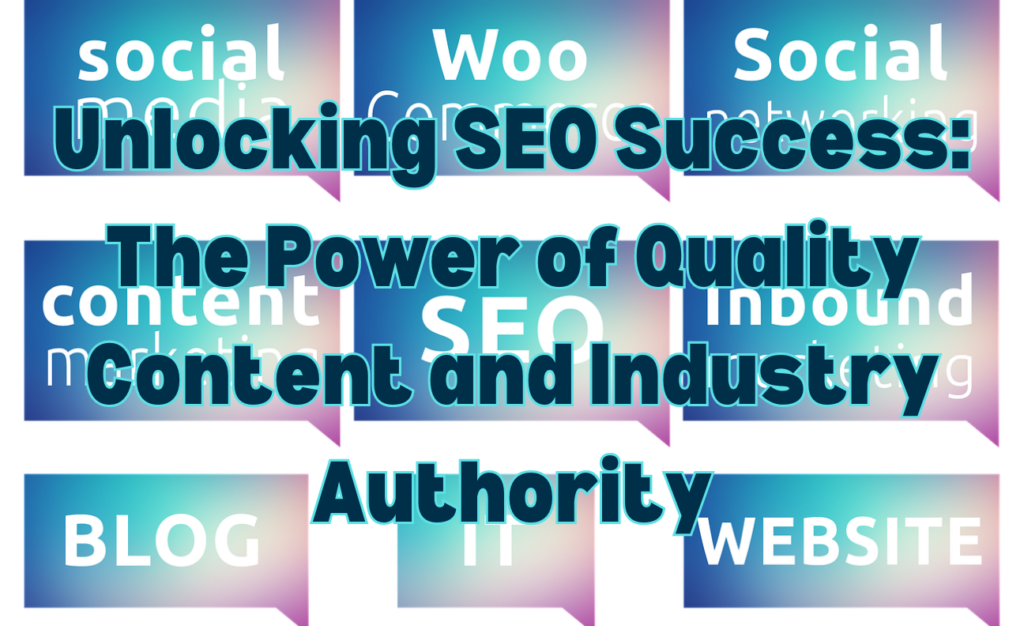Ad injection can be harmful to your website and user experience in many ways.
In this blog post, we will discuss five of the most important reasons why you should avoid using ad injection to monetise any content.
What is Ad Injection?
Ad injection is the practice of inserting ads into a website without the consent of the website owner. This can be done by modifying the code of the website, or by using a tool or plugin that inserts the ad into the web page. Ad injectors typically make money by selling advertising space on websites, and they may also collect data about the website visitors.
Ad injection became common from 2012 when companies began to use it to monetise their free web content. Ad injection is now used by many companies and individuals to generate revenue from their websites.
Ad injection is a process that occurs when a web user downloads and install software that includes a browser extension or app. Once installed, this unwanted software begins to inject ads into the users’ browsers without their knowledge or consent. Developers will often offer consumers free PDF converters or browser toolbars in exchange for allowing ad injectors onto their device (unknowingly). A developer receives an affiliate fee from an ad injector once a web user installs the former’s software or clicks on the latter’s injected ad.
Dangers of Ad Injection
Ad injection can have negative consequences for both users and publishers. For users, ad injection can lead to a poor user experience as the ads can be intrusive and disruptive.
Additionally, ad injectors may collect data about users without their knowledge or consent. This collected data could be used for malicious purposes, such as identity theft or targeted advertising.
For publishers, ad injection can reduce the revenue generated from advertising, as well as damage the reputation of the website. Additionally, ad injectors may insert malicious code into the website, which could be used to collect data or distribute malware.
How to Spot Ad Injectors on your Computer
There are a few signs that may indicate that you have an ad injector on your computer. If you see new toolbar icons or unexpected changes to your web browser, this may be a sign of ad injection.
Additionally, if you notice new ads appearing on websites that you visit, this could also be a sign of ad injection. Finally, if you notice that your web browser is slow or crashing more frequently, this could be caused by ad injectors.
Reasons to Avoid Using Ad Injectors yourself
There are many reasons why you should avoid using ad injectors.
1. User Experience
Ad injectors can insert ads into websites without the consent of the website owner, which can result in a poor user experience. User Experience can be defined as a person’s attitudes, feelings, and perceptions of using a particular product, system, or service.
When injected ads are present on a website, it leads to a deterioration of the UX. This is because ads can be disruptive and intrusive, which takes away from the overall experience of using the website. The user might then close the website and not return, leading to a loss in traffic for the website owner.
2. Security and Privacy Concerns
One of the dangers of ad injection is that it can be used to collect data about users without their knowledge or consent.
Additionally, ad injectors may insert malicious code into websites, which could be used to collect data or distribute malware. These malwares can damage your computer or steal your private information.
Collecting data without user consent is a violation of user privacy and can lead to identity theft or targeted advertising.
3. Legal Risks
There are legal risks associated with using ad injectors. In some countries, it is illegal to collect data without user consent. Additionally, ad injectors may violate the terms of service of the website they are injecting ads into. In most cases, countries don’t have laws against ad fraud specifically, but they often have general laws regarding cybersecurity or information technology, which may be applicable.
Launching malware, through ad injectors, on someone’s computer without their consent is also a crime in many countries.
4. Ad Blockers
Ad Blockers are software that can block ads from being displayed. Many ad blockers are effective at blocking ad injectors. This means that if you use an ad injector, there’s a chance that your ads will not be seen by potential customers.
The usage of ad blockers is wide nowadays and is increasing, so it will become more difficult to show ads to users in the future.
5. Financial Risks
For website owners, ad injectors can damage the reputation of the website and reduce the revenue generated from advertising.
Additionally, ad injectors may insert malicious code into websites, which could be used to collect data or distribute malware. These activities can result in financial losses for website owners. Similarly, if you are caught in the act of ad injection, you may be fined or sued for damages.
Alternatives to Ad Injection To Monetise your Content
There are many alternatives to ad injection that still allow you to monetise your content.
1. Advertising Networks
Advertising networks are companies that connect advertisers with websites that agree to host ads. Advertisers typically pay advertising networks to display their ads on websites. Advertising networks then pay website owners a portion of the fees they receive from advertisers. This arrangement allows website owners to monetise their content without injecting ads directly into their website code.
Advertising network that serves ads through an API (Application Programming Interface). This would give you more control over the ads that are served on your website and would allow you to ensure that only appropriate ads are served. Additionally, you would be able to choose which affiliate networks you want to work with.
2.Google Display Ads
Google Display Ads is an advertising platform that allows advertisers to display ads on websites that are part of the Google Display Network. The Google Display Network is a collection of websites that have agreed to host Google ads. Website owners can monetise their content by displaying Google ads on their website.
3. Affiliate Marketing
Affiliate marketing is a type of performance-based marketing in which a business rewards one or more affiliates for each visitor or customer brought by the affiliate’s own marketing efforts. Website owners can monetise their content by displaying ads from affiliate marketers.
For example, if you have a website about pet care, you could join an affiliate program for a pet food company. When someone clicks on one of your links and buys the pet food, you would earn a commission.
Affiliate programs are a great way to monetise your content without injecting ads directly into your website code. Additionally, you can choose which products or services you want to promote, and you can control the placement of the links on your website.
4. Sponsorships
A sponsorship is a type of advertising where a company pays you to promote their product or service on your website. Sponsorships can be in the form of banner ads, text links, or product reviews.
Unlike advertising networks, sponsorships usually involve a direct relationship between the advertiser and the website owner.
Sponsorships are a great way to monetise your content because they usually involve a higher rate of pay than advertising networks. Additionally, you can control the placement of the ads on your website and choose which products or services you want to promote.
5. Sell Products or Services
If you have a product or service that you want to sell, you can promote it on your website. This is a great way to monetise your content because you will earn money for every sale that you make. Additionally, you will have complete control over the products or services that you sell and how they are marketed on your website.
The Bottomline
Ad injection can be a quick and easy way to monetise your content. However, there are many risks associated with ad injection. Additionally, there are many alternatives to ad injection that still allow you to monetise your content.
Before you decide to inject ads into a website, be sure to weigh the pros and cons carefully. There are many other options available that you should consider before making a decision.

